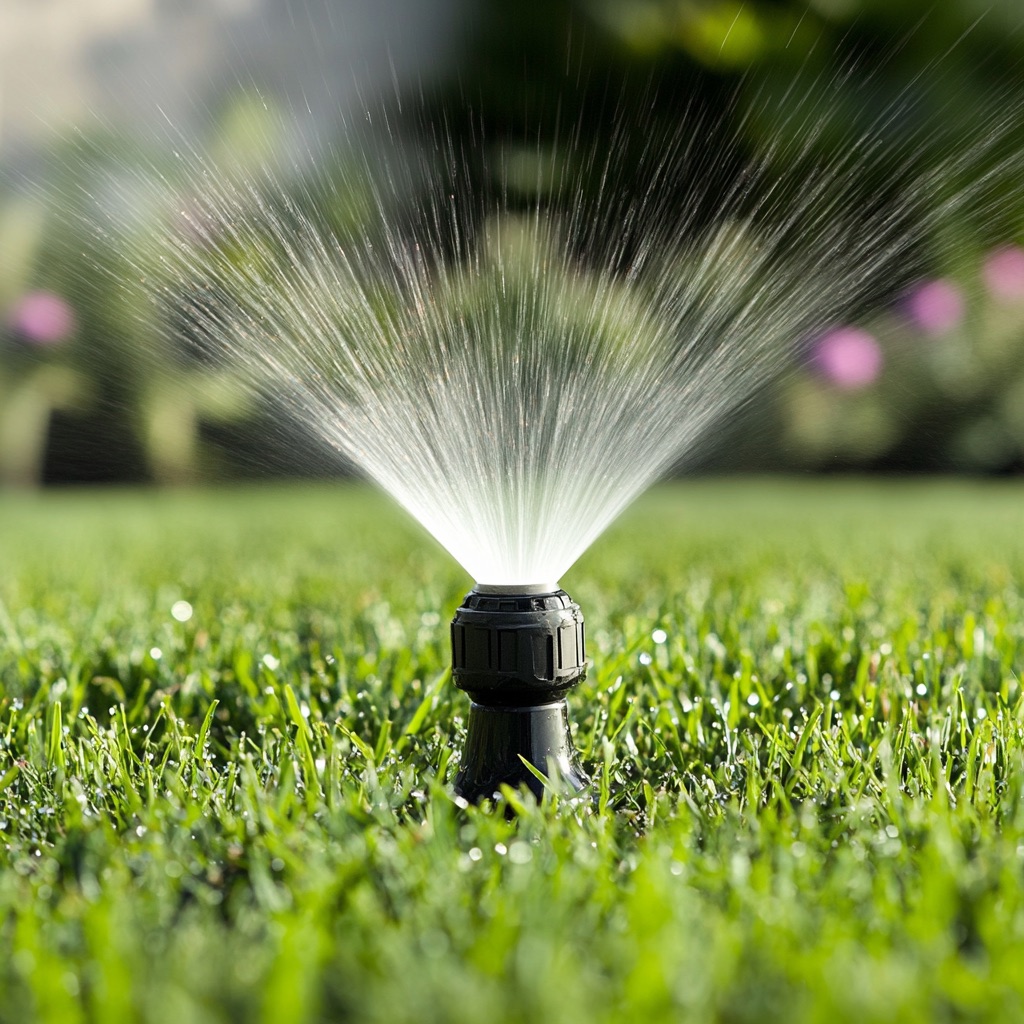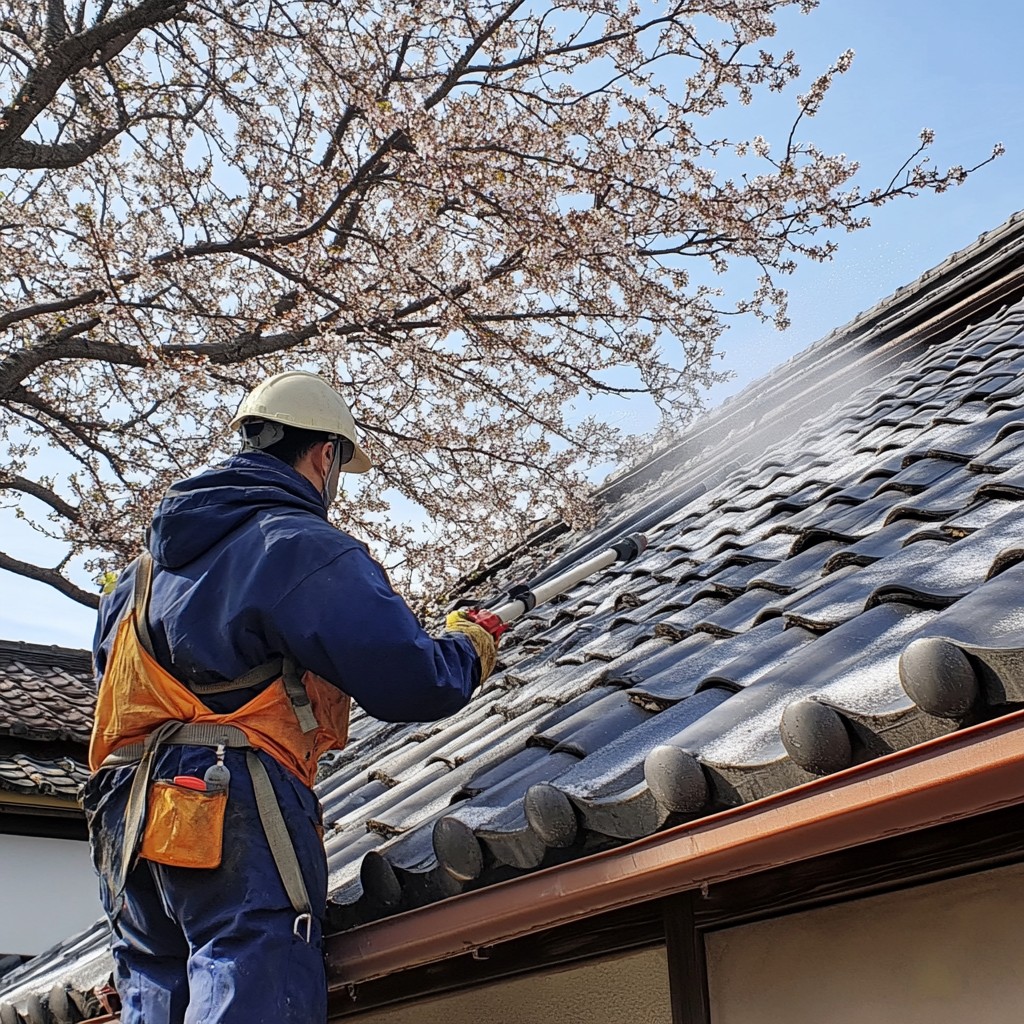Last updated on
When we think about planning an outdoor event, we often focus on the grand details that make them memorable – the stage, the speakers, the activities. Yet, in our current climate, the unsung heroes of event planning have shifted from extravagant décor to something more vital – hygiene stations.
Hosting a successful outdoor event today is not just about creating a great experience; it’s about ensuring the safety and well-being of everyone involved. Here’s why establishing proper hygiene stations should be at the forefront of your event checklist.
Handwash Stations Help Reduce the Spread of Germs and Bacteria

Before the pandemic, outdoor events might have gotten away with a few porta-potties and a pack of hand sanitizers dispersed here and there. Today, this isn’t just inadequate; it’s a potential hazard. Handwash stations are indispensable barriers against the spread of germs.
According to the CDC, handwashing can reduce the number of people who get sick with diarrhea by about 23-40%. This is significant considering the communal nature of outdoor concerts, fairs, and festivals.
Proper hand hygiene doesn’t just stop at placing bottles of sanitizer on picnic tables; it involves providing readily accessible sinks with soap and water. Innovations in this area have brought about hygiene stations that are just as portable and as essential as your event’s audio equipment.
Options like the Satellite Suites’ Sink Suite will serve groups of all sizes with an open, functional design and large water capacity to meet your customers’ needs. The Sink Suite is a beacon for event attendees to practice proper handwashing, reducing the spread of not just common illnesses but also more serious conditions.
Creating Safe Spaces for All Attendees
Events draw varied crowds of all ages, backgrounds, and health statuses. A one-size-fits-all approach will not suffice when it comes to health and safety.
The establishment of efficient hygiene stations ensures that you’re creating an environment that is inclusive of all attendees, particularly those who may have compromised immune systems. Parents, for instance, shouldn’t have to struggle to find a safe, clean space for their children to wash up after playing in the event area.
Strategic placement of these stations acts as an extension of your event’s overall health policies. They should be in visible and high-traffic areas, but away from where they might impede the event flow. This shows a proactive commitment to maintaining a healthy environment for all, which is crucial for the peace of mind of cautious attendees and can help minimize the potential for negative press related to the event.
The Long-term Benefits of Hygiene Stations

Long after the event has packed up and the attendees have gone home, the benefits of investing in proper hygiene stations will continue. The lasting impression of an event is often influenced by the experiences that people carry with them. Providing a clean and safe environment not only leaves a positive impression but also cultivates a sense of trust and goodwill among your audience.
The inclusion of proper hygiene stations is not just a response to current events; it is an investment in the future of event planning. By prioritizing the health and safety of event-goers, we aren’t just putting in place a temporary mechanism for a specific crisis; we are redefining standards for the industry that communicate care, commitment, and community.
Table of Contents




